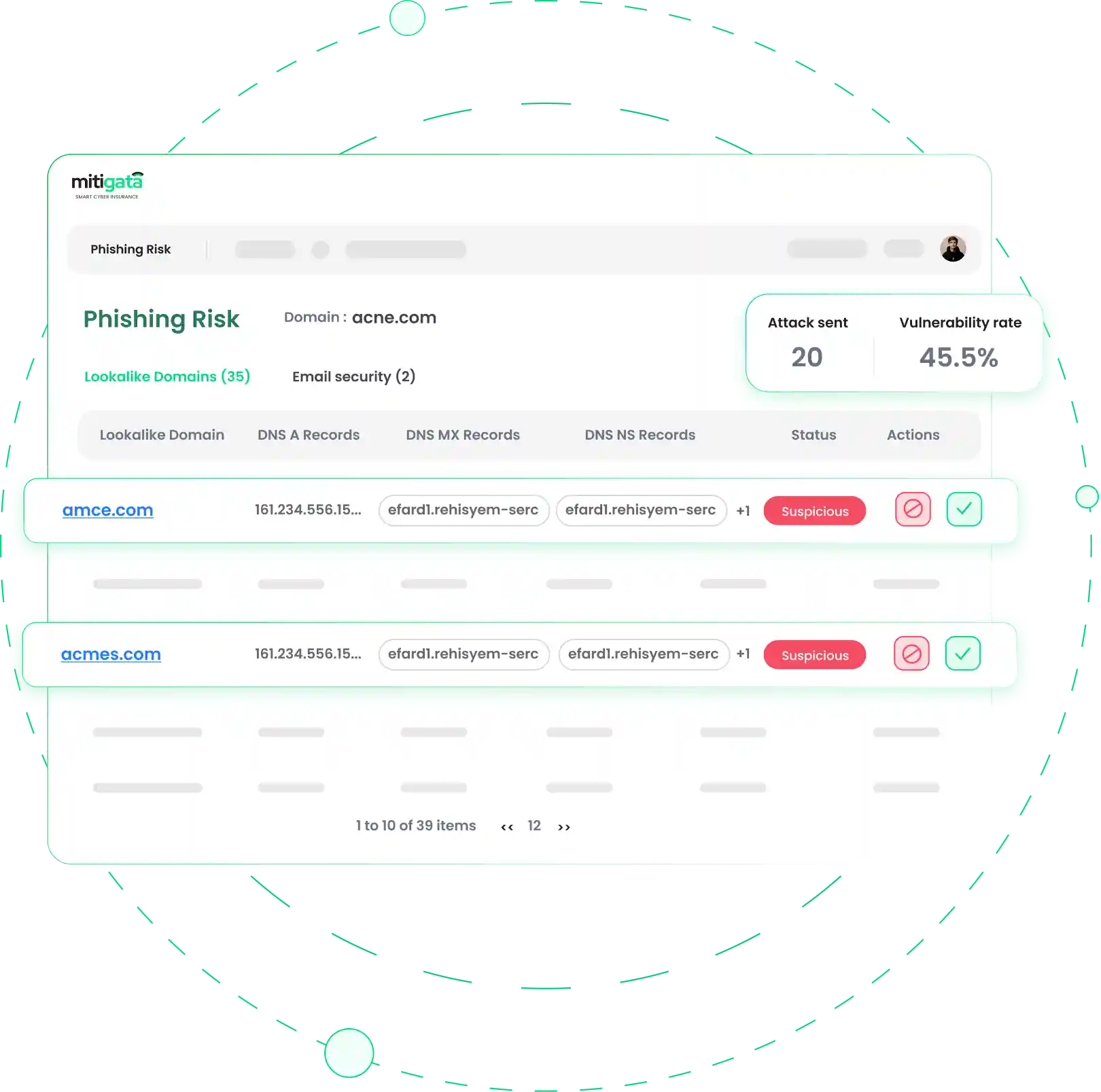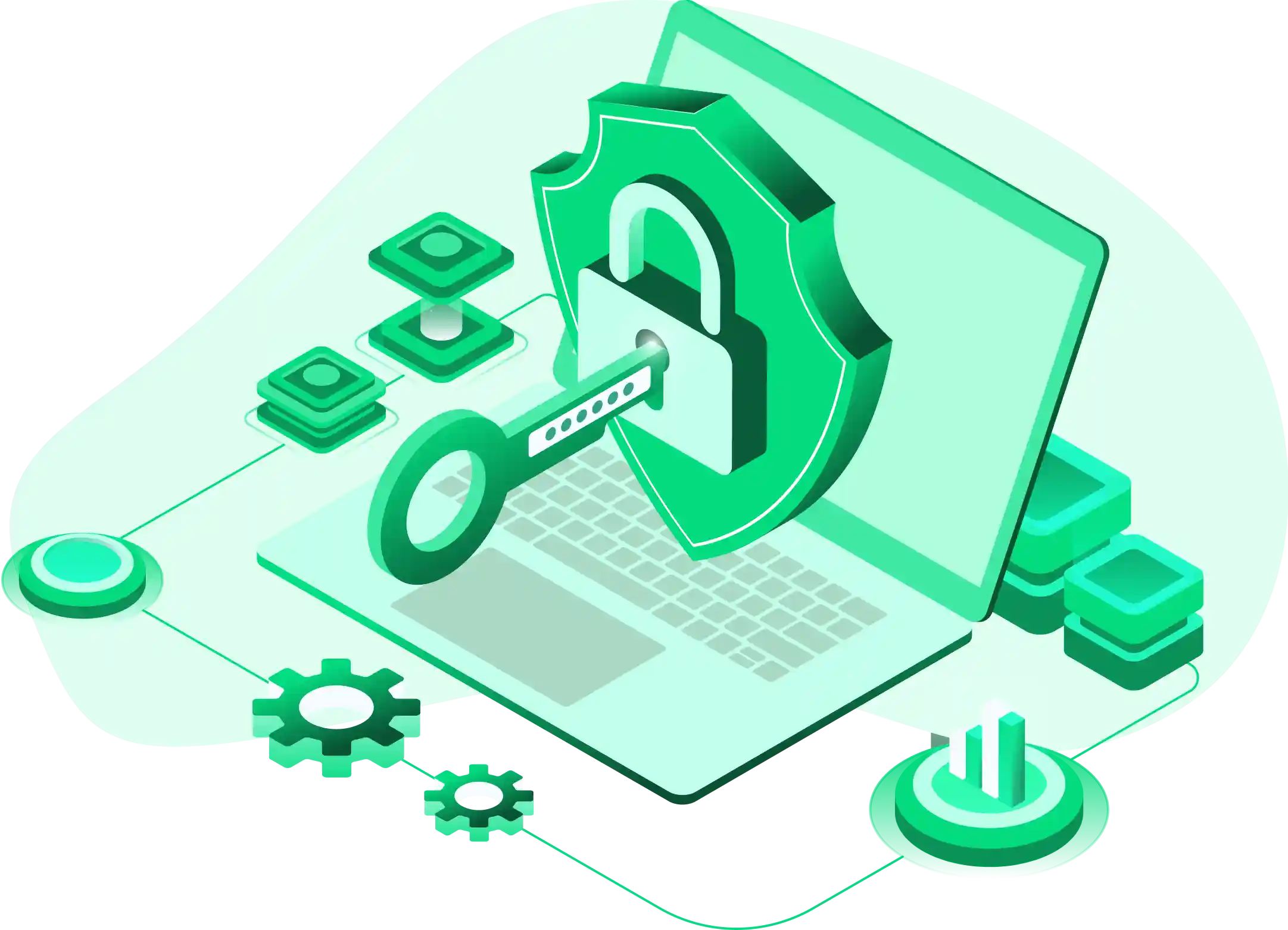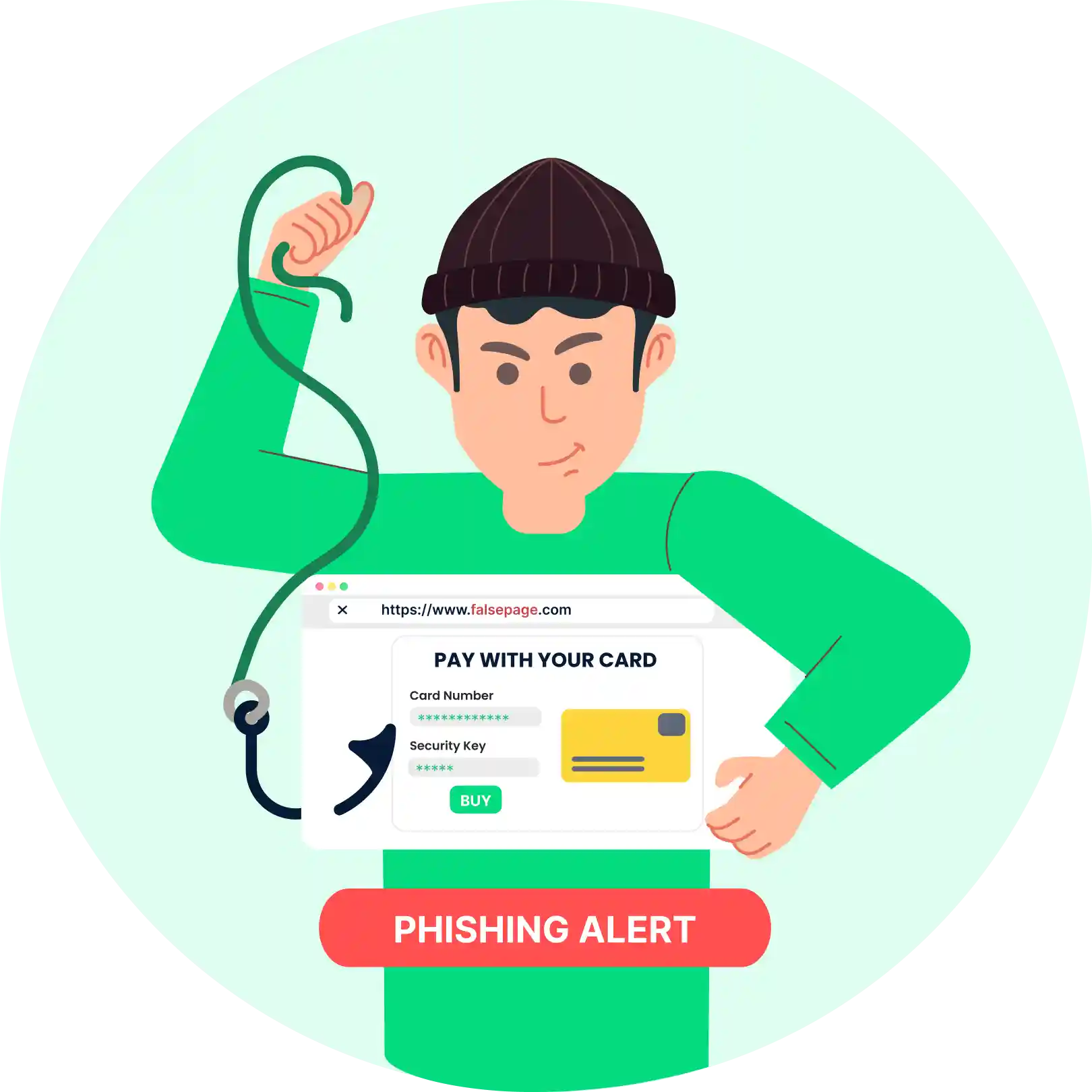Mitigating Phishing Risks
Preventing phishing risks requires a combination of user education, technical safeguards, password practices, and a vigilant approach to online interactions. By implementing these strategies and fostering a security-conscious culture, organisations and individuals can significantly enhance overall cybersecurity

Challenging Landscape of Phishing Risks
By implementing a combination of advanced security measures, ongoing training, and a proactive cybersecurity stance, we can better protect ourselves against the ever- changing landscape of phishing risks

Mitigating
Phishing Risks
By educating individuals, deploying advanced email filtering, and implementing strong authentication measures, organisations and individuals can better protect themselves against phishing attacks
Anti-Phishing Tools
Use anti-phishing tools and technologies to analyse email content and URLs for malicious intent
Strong Authentication
Encourage the use of multi-factor authentication (MFA) to protect accounts
URL Inspection
Verify the legitimacy of URLs by hovering over links before clicking to see the actual destination
Evaluate the Vulnerability of your team
Assess your team's readiness for phishing threats by conducting a phishing drill. This simulation exposes potential vulnerabilities and teaches employees how to respond to phishing attacks effectively. By practicing in a safe environment, your team can improve their detection skills and strengthen your organization's overall cybersecurity posture. Gain valuable insights to tailor further cybersecurity training and enhance defenses against real-world threats.

Things You
Probably Wonder
Phishing risks involve fraudulent attempts to obtain sensitive information, such as usernames, passwords, and financial details, by masquerading as a trustworthy entity in electronic communications.
Mitigating phishing risks is essential to protect individuals and organisations from falling victim to identity theft, financial fraud, data breaches, and other cyberattacks that exploit human vulnerability.
Organisations can mitigate phishing risks by implementing a combination of user education, technical safeguards, strong authentication measures like multi-factor authentication (MFA), and advanced email filtering to detect and block phishing attempts.
Individuals can recognize and avoid phishing attacks by being cautious of unsolicited emails, verifying the legitimacy of URLs before clicking on them, and avoiding sharing sensitive information via email or unfamiliar websites.
Regular employee training and phishing drills are essential to raise awareness about phishing threats, educate employees on how to recognize and report suspicious emails, and cultivate a security-conscious culture within the organisation.